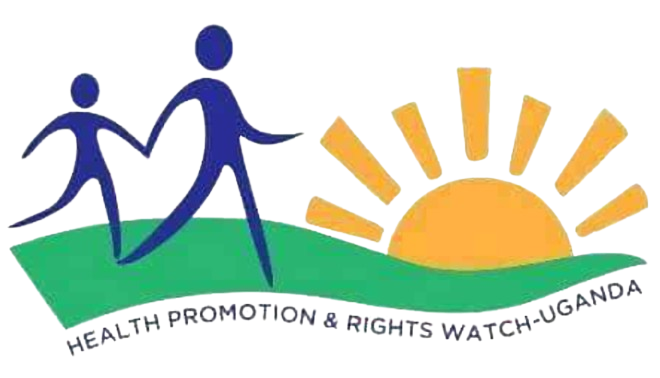
Household Food Security and Nutrition
We aim to Develop and implement a tailored nutritional support program within the Integrated Small Household Enterprise Model to combat malnutrition in Ugandan households.
We promote diversified food production, provide training on improved infant and child feeding practices, and enhance access to nutrient-rich foods, focusing on women and children.

Strengthening community-based capacity in sustainable agricultural practices and food production
By empowering households, especially women farmers, through training in sustainable, diversified farming practices that improve soil fertility, reduce dependency on monocropping, and increase resilience to environmental shocks.
We incorporate training on the use of fertilizers and improved seeds, as well as promoting pest and disease management to boost food production, address food insecurity, and improve household income.

We enhance access to continuous extension services, monitoring, and evaluation
We Establish decentralized, community-based extension hubs to provide timely and accessible support. Train extension workers in climate-smart agriculture, nutrition-sensitive practices, and gender inclusivity.
Develop robust M&E systems with clear indicators to track progress on food security, nutrition, and gender equity. Engage beneficiaries in participatory M&E to ensure relevance and community ownership. Incorporate adaptive learning to refine interventions based on regular feedback and emerging challenges.

Sexual and Reproductive Health
Our comprehensive Sexual and Reproductive Health (SRHR) programs offer a wide range of services and education to individuals, especially women and adolescents, to ensure their sexual and reproductive rights are respected and protected. We provide access to family planning services, antenatal and postnatal care, and support for safe motherhood practices.
Our SRHR programs go beyond providing services; they foster a supportive environment where individuals can openly discuss reproductive health matters without fear of judgment or discrimination. By offering comprehensive care and education, we empower individuals to make informed decisions about their sexual and reproductive health, leading to improved maternal health outcomes and overall well-being.

Reducing Gender Inequality in Access to Resources and Decision-Making Related to Nutrition and Food Security
We Facilitate access to land, resources, and education for women by creating platforms that promote shared decision-making and enhance skills in food production and household-level planning.
We aim to empower women as key drivers of nutrition improvement in their households, providing them with knowledge, skills, and resources to improve productivity and household well-being sustainably

Capacity Building and Institutional Development
HPRW is committed to building the capacity of organizations and institutions involved in health promotion and advocacy. Through training workshops, mentorship programs, and technical assistance, we strengthen the skills and capabilities of individuals and organizations working in the health sector. Additionally, we foster partnerships and collaborations to leverage resources and maximize the impact of health initiatives.
Our capacity-building initiatives focus on equipping individuals and organizations with the skills, knowledge, and resources needed to effectively address health challenges in their communities. By strengthening the capacity of local organizations and institutions, we ensure that they are better equipped to implement sustainable health programs and advocate for positive change at the local and national levels.
Integrated Small Household Enterprise Model (ISHEM) for Health
The Integrated Small Household Enterprise Model (ISHEM) is a multifaceted approach designed to empower households with limited land resources.
A comprehensive, household-centred strategy designed to empower households with limited land resources that rely on small-scale agriculture for their livelihood.
The model intends to equips beneficiaries with skills to become change agents within their communities.



